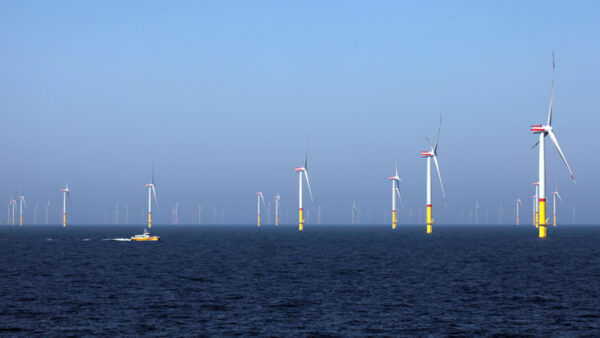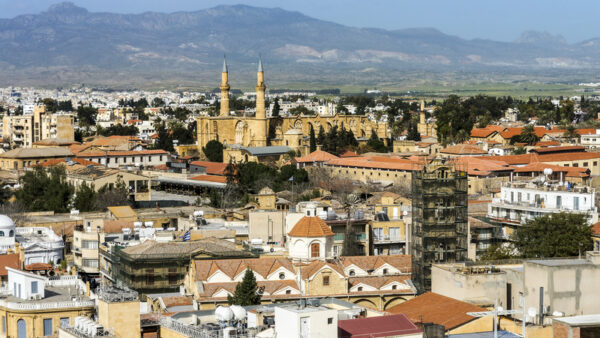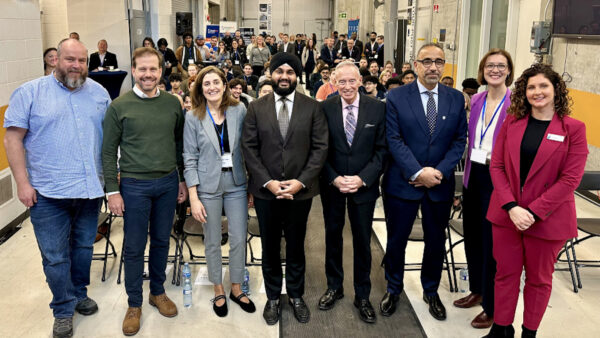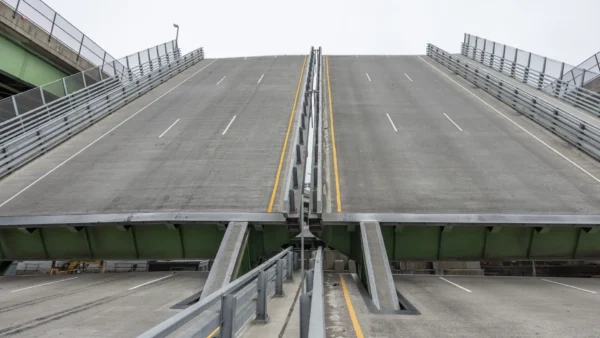The African Development Bank (AfDB) will lend Uganda $230m to finance the first phase of the 95km Kampala-Jinja Expressway, a four-lane toll road linking the country’s capital Kampala with Lake Victoria, cutting travel time from three hours to one and improving communications with neighbouring countries.
Uganda last year applied for a loan of $328m from the AfDB and the French Agency for Development to build the flagship smart motorway.
Cost estimates for the road have varied since it was proposed in 2010, with the upper limit set at around $1.4bn. Other finance will be supplied by the consortium building the route and the Ugandan government.
AfDB country manager Augustine Kpehe Ngafuan praised the public-private partnership model to be used, saying it “will yield a significant economic return for the country, with an estimated net revenue of $2.1bn over the 30-year concession period”.
Matia Kasaija, Uganda’s finance minister, predicted that the road would improve Uganda’s communications with Rwanda and Burundi – the other Great Lake states – as well as the Democratic Republic of Congo, South Sudan and Kenya.
The project is to be undertaken in two sections. The first will be a 35km urban expressway and an 18km Kampala bypass; the second will be a 42km rural motorway from the town of Namagunga to Jinja.
The project is being overseen by the Uganda National Roads Authority, which will procure the project using the design-build-finance-operate-transfer model.
When the project was tendered in 2018, four bidders were selected from a field of eight. These were China Communications Construction/China First Highway Engineering; KJ Connect (Portugal)/Vinci Concessions (France)/Mota-Engil (Portugal); Strabag (Austria)/IC Ictas (Turkey); CCKS, a joint venture of Chinese and South Korean firms (see further reading).
Image: The road, which will include the Kampala South Bypass, is expected to help decongest the streets of the capital (Dreamstime)
Further reading:






